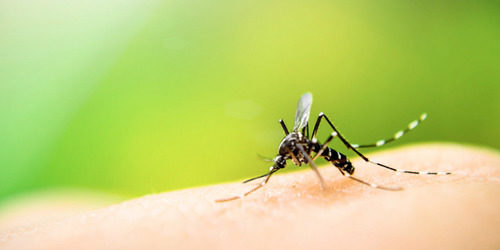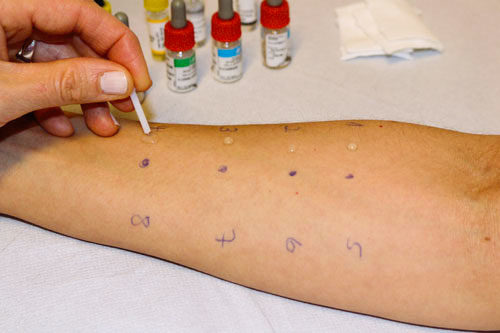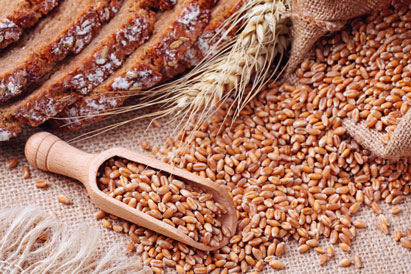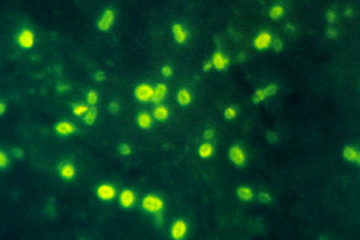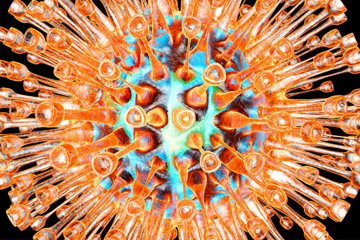Breastfeeding throughout the first year includes many important mealtime milestones. Here’s what you can expect. First Week Catching On to Latching On During the first week, focus on making sure your baby knows how to latch on correctly. This not only helps avoid sore, cracked, or blistered nipples, but ensures that your body will get the message...
Author: admin
Zika virus: what parents need to know
With all of the coverage in the news about the Zika virus, it is understandable that parents have questions. Here are the facts you need to know about this virus. Zika is a virus that can cause the following symptoms: Rash Fever Pink eye (conjunctivitis) Joint pain Symptoms usually clear up in less than a...
What parents can do to create a positive youth sports experience
Support for your child must be unconditional. Be patient for the process, and enjoy it. Understand how the developmental progression works for sports skills. Be knowledgeable that many of the developmental milestones for sports skills cannot be accelerated beyond their natural limit. Realize that physical, chemical, and mental development all affect ability and all progress...
DIAGNOSING FOOD ALLERGIES IN CHILDREN
Many types of food can cause allergic reactions in middle childhood. The most common of these are cow’s milk and other dairy products, egg whites, poultry, seafood, wheat, nuts, soy, and chocolate. Allergies are caused by antibodies that the body’s immune system produces, which react to a component of a particular food and then release...
WHOLE GRAINS
Whole grains need to be part of your child’s and adolescent’s diet. Whole-grain foods contain all 3 elements of grains: Bran (fibrous outer portion of the grain) Endosperm (inner part of the grain) Germ (heart of the grain kernel) To make sure your child is getting plenty of whole grains or products made of whole grain, incorporate oatmeal, barley,...
Toddler bedtime trouble: tips for parents
Many parents find their toddler’s bedtime to be the hardest part of the day. Children this age often resist going to sleep, especially if they have older siblings who are still awake. Use the following tips to help your toddler develop good sleep habits: Set up a quiet routine before bedtime to help your child understand that it...
Breastmilk and your diet
What affects the content of my breastmilk? Pregnant women usually pay close attention to their diet, since every food, beverage, and drug they ingest may make its way to their baby. Fortunately, this is not exactly the case with breastmilk. Breastmilk is produced from the mammary glands in your breasts, not directly from the...
Influenza (flu)
Influenza (flu) Influenza is a serious disease caused by a virus. Influenza can make you feel miserable! Fever, cough, shaking chills, body aches, and extreme weakness are common symptoms. You can catch influenza from people who cough, sneeze, or even just talk around you. It is very contagious. Tragically, every year infants, children, teens, and...
Hib (Haemophilus influenzae type b)
Hib (Haemophilus influenzae type b) Hib (Haemophilus influenzae type b) is a serious disease caused by bacteria. Hib usually infects children younger than 5 years old. Hib is spread person-to-person through the air. Your child can get Hib disease from being around children or adults who have Hib bacteria in their nose or throat. These people...
Shingles (zoster)
Shingles (zoster) Shingles is a painful disease caused by the same virus that causes chickenpox. It is also called zoster. Shingles usually includes a painful rash with blisters that can occur anywhere on your body, even the face and eyes. The main symptom of shingles is severe pain. Some people have compared it with the...


